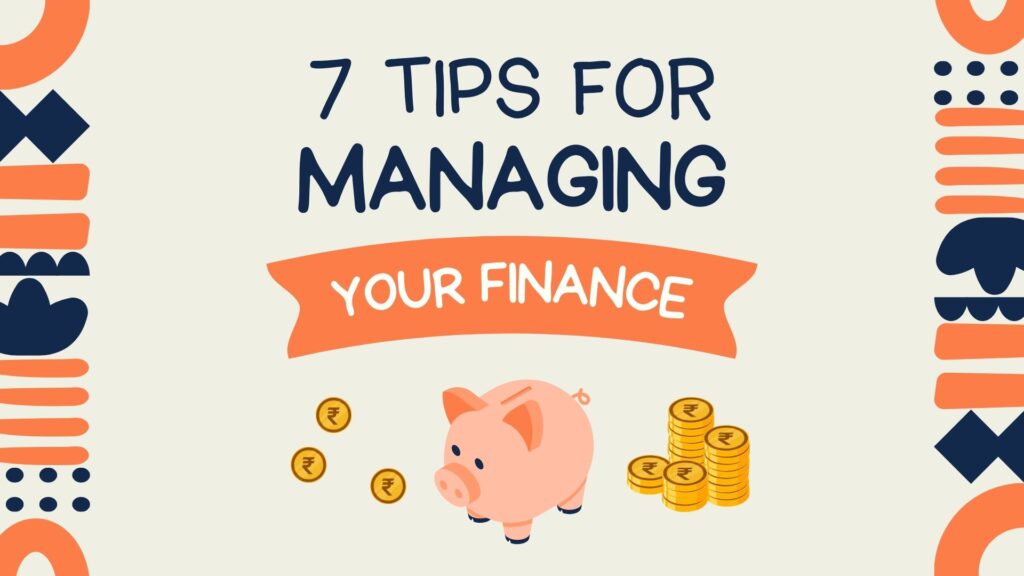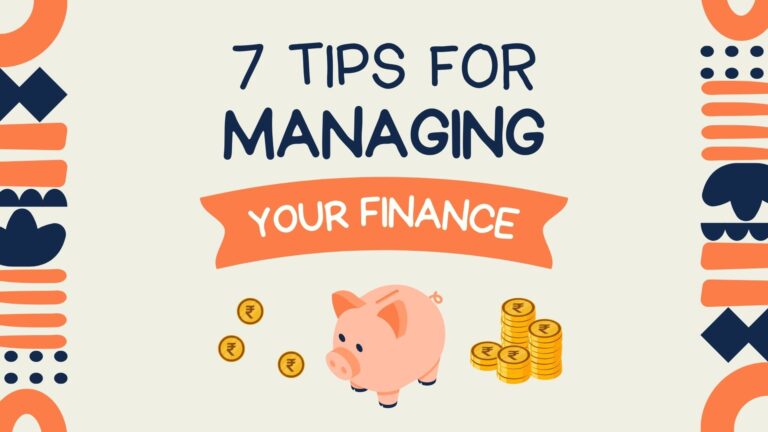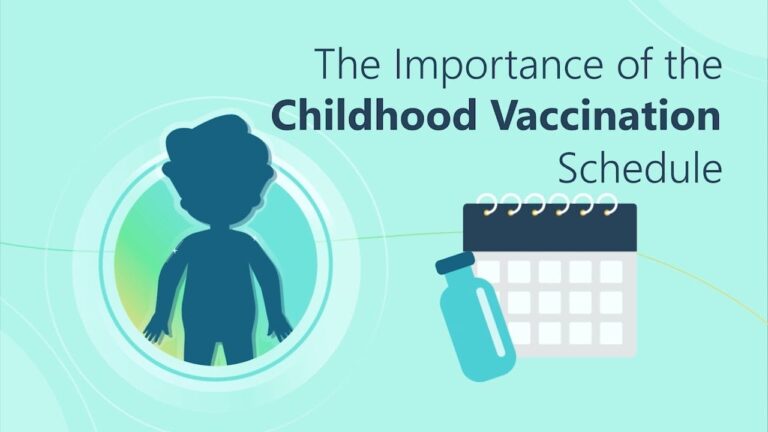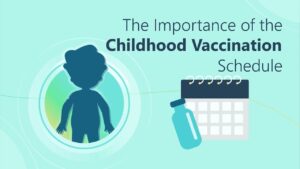In recent years, financial education has gained traction across the globe. In India, while the awareness around personal finance is growing, there are still significant knowledge gaps among young adults when it comes to managing money, applying for credit, and staying out of debt. Here are 7 crucial tips to help you build a secure financial future:
1. Use Cash or Debit Cards Instead of Credit
Financial discipline starts with patience and self-control. Avoid the temptation of swiping a credit card for every purchase. Instead, wait and save for what you need, paying with cash or using a debit card. This ensures that your money is deducted directly from your bank account, helping you avoid debt.
Credit cards, though useful for building a credit score, should be reserved for emergencies only. Remember, credit is a loan that accumulates interest if not paid off in full every month.
2. Educate Yourself on Financial Matters
Taking charge of your financial future begins with knowledge. Read up on personal finance basics and make informed decisions. Be cautious of external influences, whether it’s peers encouraging unnecessary expenses or financial professionals pushing services that may not be in your best interest. Always research thoroughly before seeking advice from financial planners, loan agents, or accountants.
3. Master the Art of Budgeting
A strong financial foundation is built on budgeting. Ensure your expenses never exceed your income by creating a personal spending plan. Track every rupee, whether it’s daily chai expenses or monthly rent, to understand where your money goes.
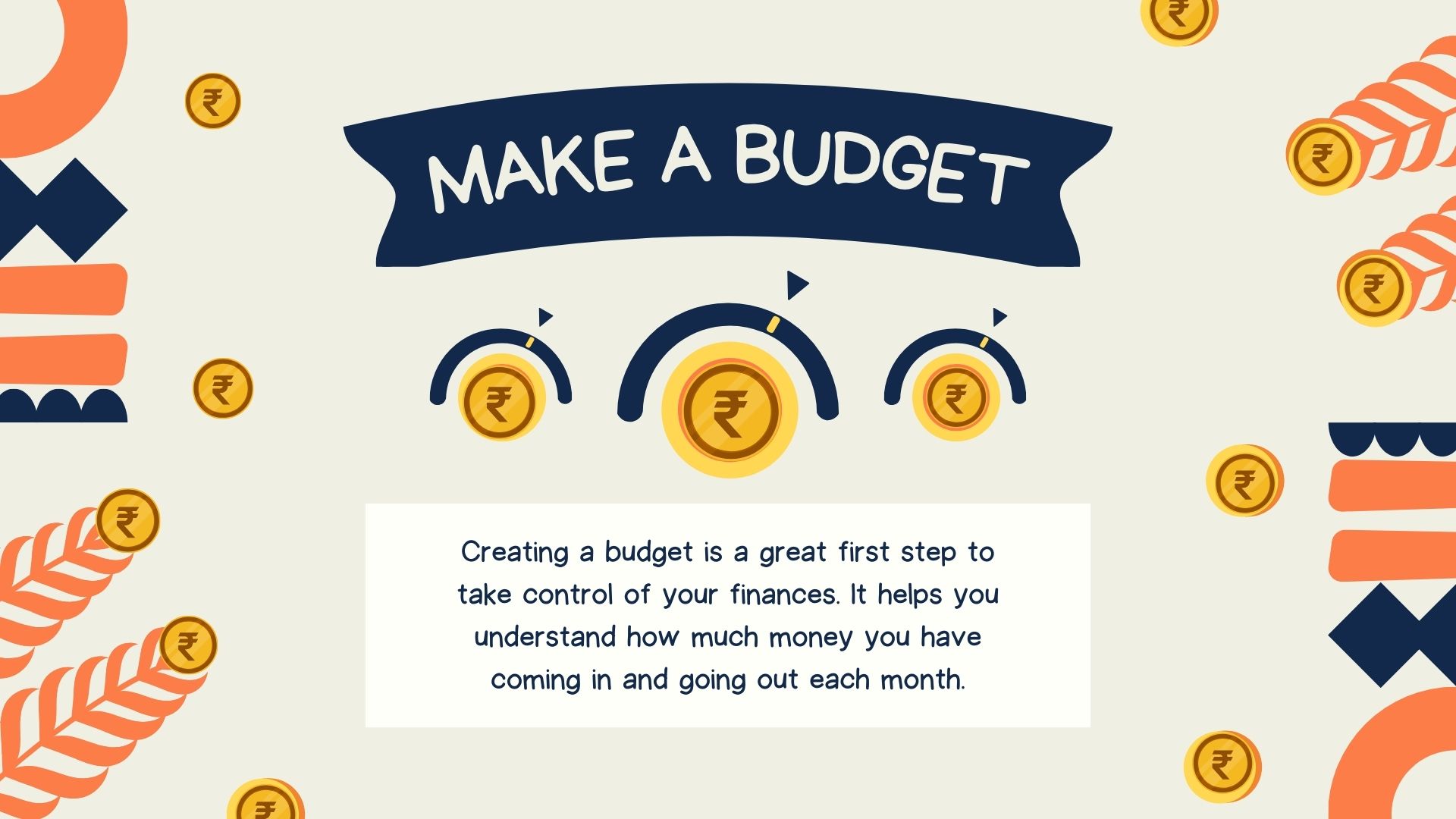
Small adjustments to your spending habits can have a big impact. By keeping your monthly expenses low, you can save more and even invest in long-term goals like buying your own home.
4. Build an Emergency Fund
“Pay yourself first” is a golden rule in personal finance. This means setting aside money for emergencies and future needs before spending on anything else. Even if your budget is tight, prioritize saving a small amount each month.
Once saving becomes a habit, you’ll stop treating it as optional. Consider placing your savings in high-interest accounts like fixed deposits or recurring deposits to benefit from compound interest.
5. Start Saving for Retirement Early
No matter your age, it’s never too early to start saving for retirement. The power of compound interest can work wonders for your savings over time. Begin investing in retirement plans such as the Employees’ Provident Fund (EPF) or Public Provident Fund (PPF), which offer tax benefits and secure returns.
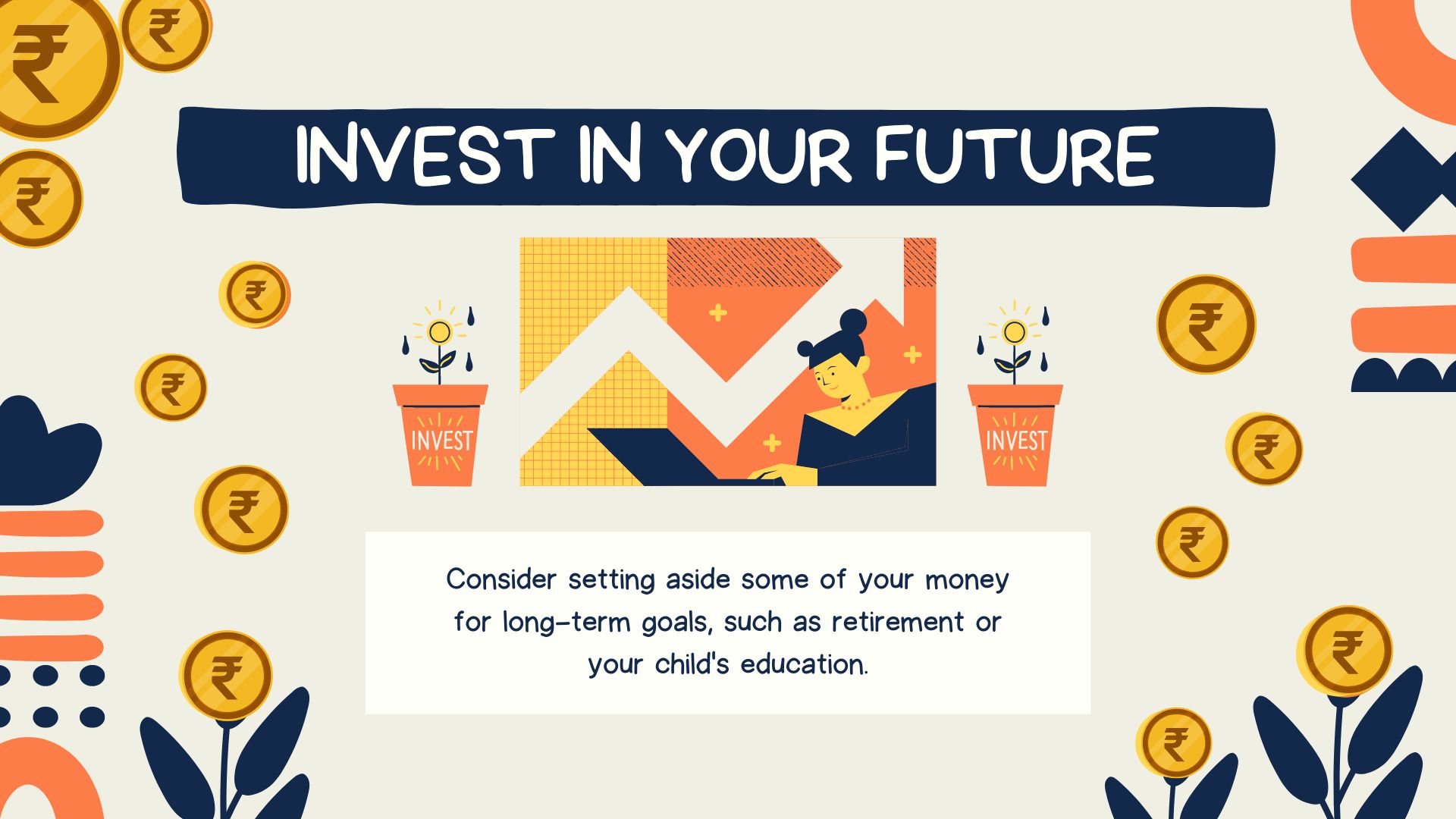
Employer-sponsored retirement plans are also a smart choice. Contributions to these plans are often tax-deductible, and many employers offer matching contributions, giving your savings an extra boost.
6. Be Mindful of Taxes
When considering a job offer, always factor in the tax implications. Use online tax calculators to understand your net salary after deductions. This will help you set realistic savings and spending goals.
In India, tax slabs vary based on income levels, so it’s crucial to plan your finances accordingly. If you get a salary hike, remember that a portion of the increase will go towards higher taxes, affecting your overall take-home pay.
7. Secure Your Health and Wealth
Health insurance is a must-have in today’s world. If you’re employed, check if your employer provides coverage under group health insurance plans. Alternatively, explore options in the government’s health insurance schemes or private plans that suit your needs. For those under 26, you may be eligible to stay on your parent’s health insurance plan.
Additionally, safeguard your wealth by getting personal accident and disability insurance. These plans protect your income if you’re unable to work due to an accident or illness. Finally, consider consulting a fee-only financial planner for unbiased advice on managing your finances.
By following these 7 tips, you can pave the way to a financially secure future. Remember, financial literacy is a journey, and the sooner you start, the better off you’ll be.

Frequently Asked Questions (FAQ)
1. Why is it important to use cash or debit cards instead of credit cards? Using cash or debit cards helps you avoid unnecessary debt. When you use a debit card or cash, you’re spending money you already have, which encourages better financial discipline. Credit cards, on the other hand, can lead to debt if not managed properly, as they allow you to borrow money with interest.
2. How can I educate myself about personal finance? Start by reading books, articles, and trusted online resources about personal finance. You can also attend workshops or follow reputable financial experts on social media. Gaining basic knowledge will help you make informed decisions and avoid common financial mistakes.
3. What is the best way to start budgeting? Begin by listing all your income sources and expenses. Categorize your spending into needs (e.g., rent, groceries) and wants (e.g., dining out, entertainment). Track your spending for a month to identify areas where you can cut back. Use budgeting apps or a simple spreadsheet to stay organized.
4. How much should I save in my emergency fund? Aim to save at least 3 to 6 months’ worth of living expenses in your emergency fund. This will help you cover unexpected costs like medical emergencies or job loss without resorting to debt.
5. When should I start saving for retirement? The earlier you start, the better. Even if you’re in your 20s, begin saving for retirement as soon as possible to take advantage of compound interest. The longer your money is invested, the more it can grow.
6. How do taxes impact my take-home salary? Your take-home salary is the amount left after taxes and other deductions. India has a progressive tax system, meaning the more you earn, the higher your tax rate. Use online calculators to estimate your net salary and plan your finances accordingly.
7. What insurance should I prioritize? Start with health insurance to cover medical emergencies. If you’re employed, check if your employer offers a health plan. Additionally, consider personal accident and disability insurance to protect your income if you’re unable to work. If you rent your home, renter’s insurance can protect your belongings from loss due to fire or theft.
